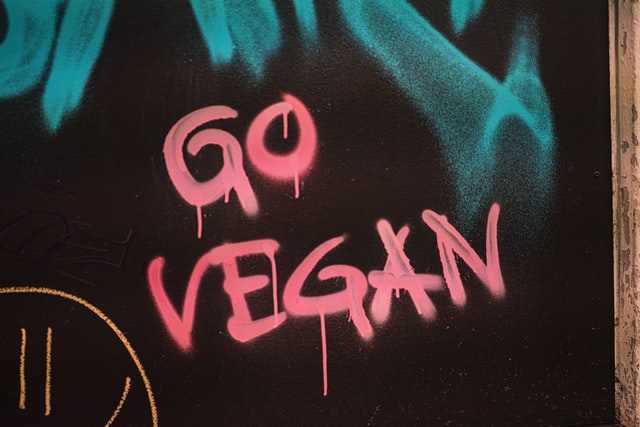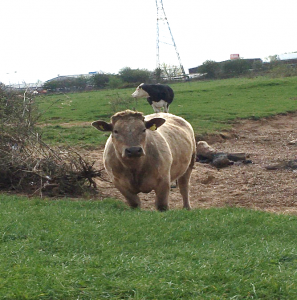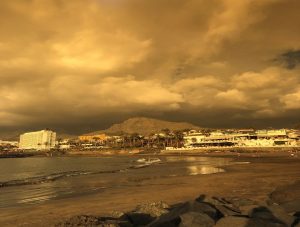
It’s not my problem; How Britain can really help the planet
Photo by Claudio Schwarz on Unsplash
By Eleanor Abbott
Chances are you’ve been asked how you’re helping to reduce the impact of Climate Change. Whether it be “Meat free Mondays” Second hand shopping, or saving for an electric Car.
As Consumers we are often encouraged to “do our bit” to help- but what about the others?
In this blog I will try to show that everyone is responsible for climate change and should do their bit to help.
A joint problem requires a joint effort, it’s a matter of principle.

Nottingham 2/06/2021
Consumer Power can only go so far
The other day I saw my flat mate, who studies Geography at University, carrying in a multi pack of single use plastic bottles. “What?” I thought in despair. I simply didn’t see why an educated person, who has free drinking water, and respect for the planet would unnecessarily buy plastic bottles. When I asked him why he was doing this he told me: “It’s a scam. Blaming the consumer. Ultimately, if I want to buy plastic bottles, I can. No one is stopping me.” His point was, that consumers are not responsible for plastic, or other harmful products. Instead it’s production companies, and the lack of regulation which should be held accountable for the damage. In essence the attitude was ‘why should I change my habits when they won’t?’
Whilst I understand this frustration, I ask you, to turn this around; ‘Why should they change their habits when you won’t?’
Treadmill of production
The point my flatmate made is essentially that of “the treadmill of production” theory by Allan Schnaiberg 1980. Where he says “Whilst Consumers can accept or reject these products, they have no influence over the allocation of capital to productive technologies.”
In other words, we can’t control how things are made, and whether they will be harmful to the environment. We are just offered a selection of premade goods and services advertised to us.
If we are really going to make a difference in reducing the impact of climate change, our production economy must adapt, and be responsible for the harm caused. It would seem to me the solution to this should take a mixed approach.
The Global Rich
According to Oxfam “Carbon emissions of richest 1 percent more than double the emissions of the poorest half of humanity”. This message i

26/01/2022
s echoed throughout various sources including the World inequality report 2022 that whilst “the poorest half of the population in rich countries is already at (or near) climate 2030 climate targets set by rich countries, […] This is not the case for the top half of the population. Large inequalities in emissions suggest that climate policies should target wealthy polluters more.”
This could be done in a variety of ways such as: incorporating environmental cost into harmful activities such as private jetting, putting a cap on emissions per person, fining non compliancy, having carbon offsetting regulations and such like.
.
Government
Implementing, enforcing and maintaining regulations which limit economic growth in certain areas, is an uncomfortable thing, especially for conservative governments to do. However without tighter regulations it is clear that consumer behaviour is not causing the market to change quickly enough. Unnecessarily harmful practices are still happening on every level of the economy, so to really reduce this we need more regulations and restrictions in those areas.
This is not to say that everything must radically change, but some practices cannot go on, and some don’t need to
Developing countries
One other thing Brittan could help with is “Developing” countries. Whilst nearly all of the UK has been altered to fit the immediate needs of humans, other countries have more (although rapidly decreasing) wild land. If we are to help save this land we need to re-wild some of our own and put serious work into making our own country an eco-friendly example.

Playa de Troya; Tenerife 26/01/2022
Conclusion
As you may be able to see, climate change is a chain of accountability. In order to be successful, each part must do its bit to help, particularly those causing the most damage. Where can changes be made? Are their alternative solutions?
Remember that although you are not as responsible as others for climate change, no one is blameless. However to really help wherever possible each part must do their bit.
A joint problem requires a joint effort, it’s a matter of principle.

Cambridge; City Centre 06/08/2021

0 Comments